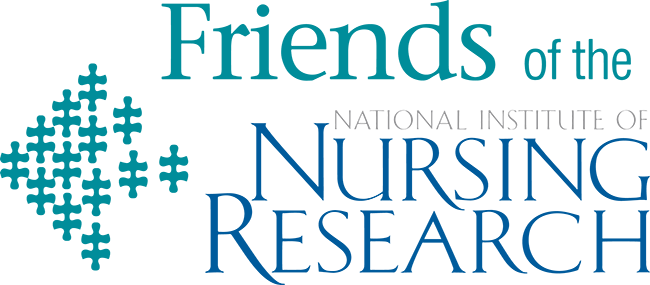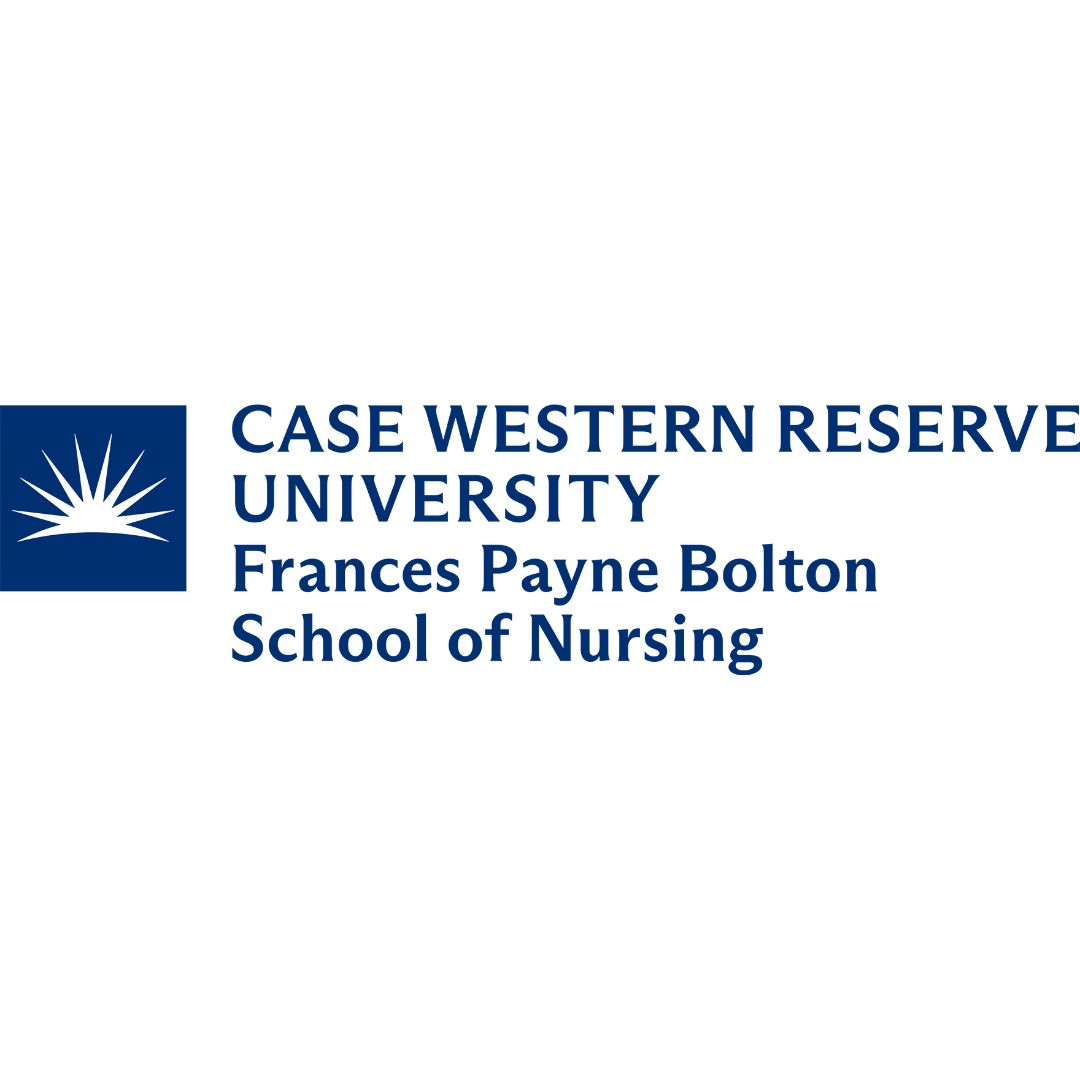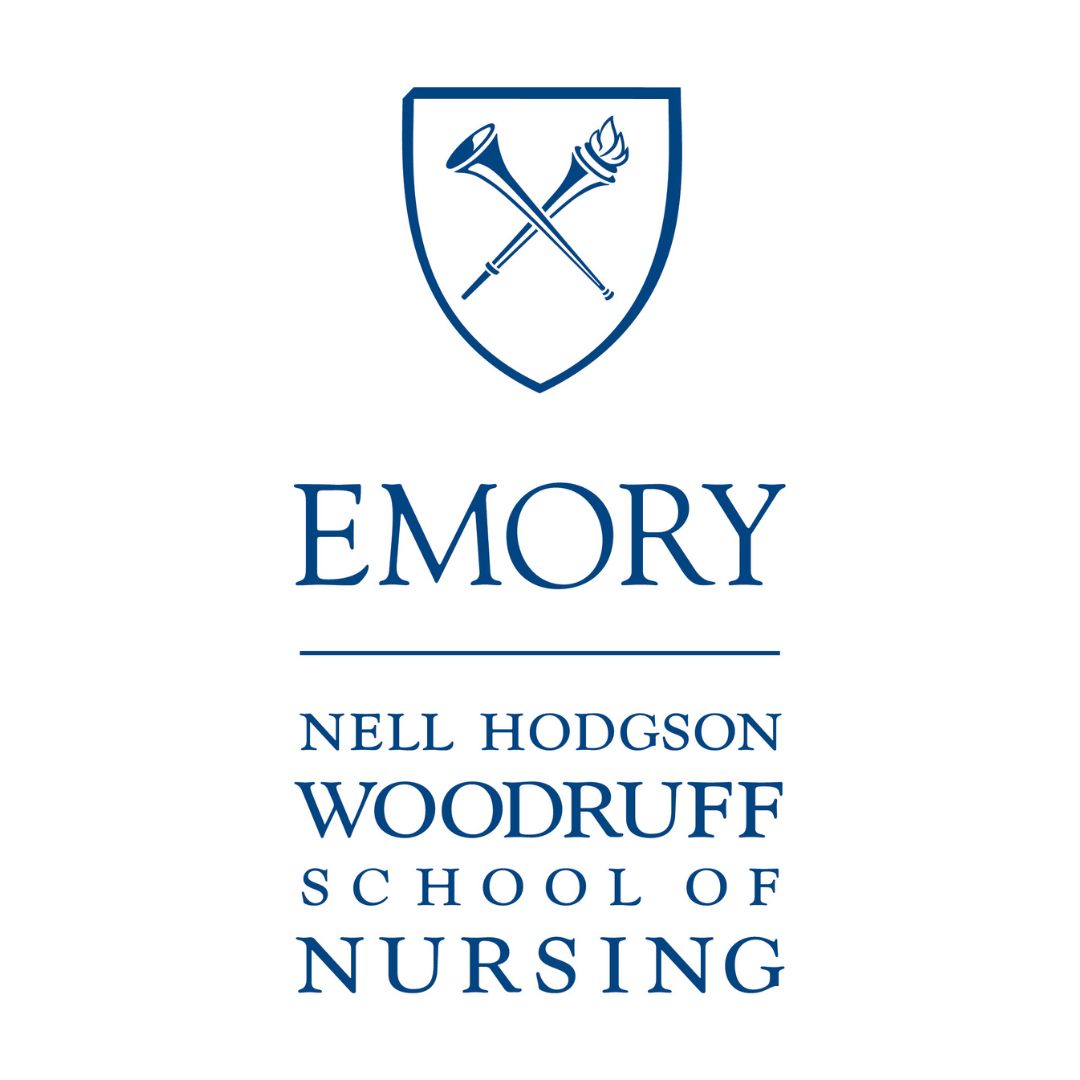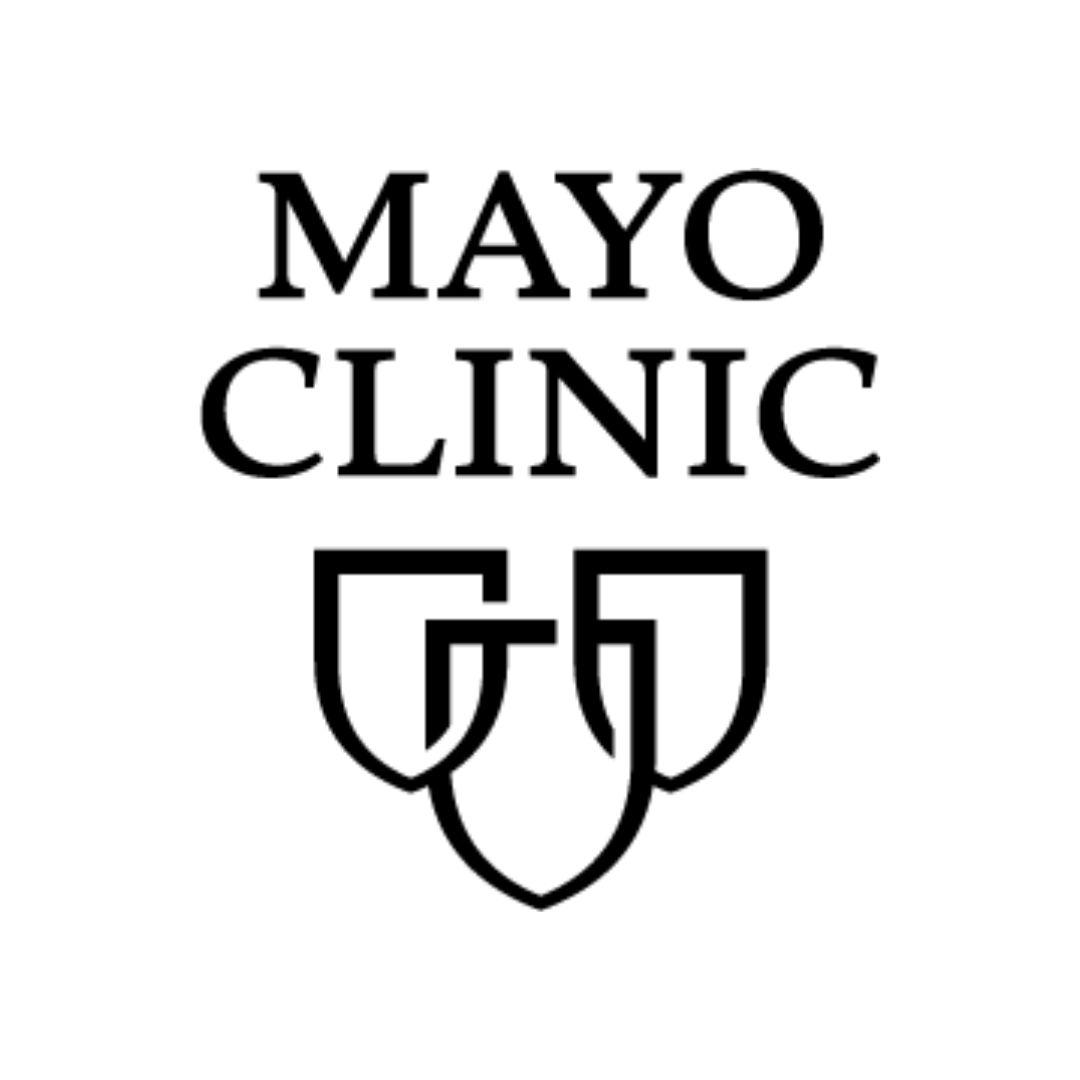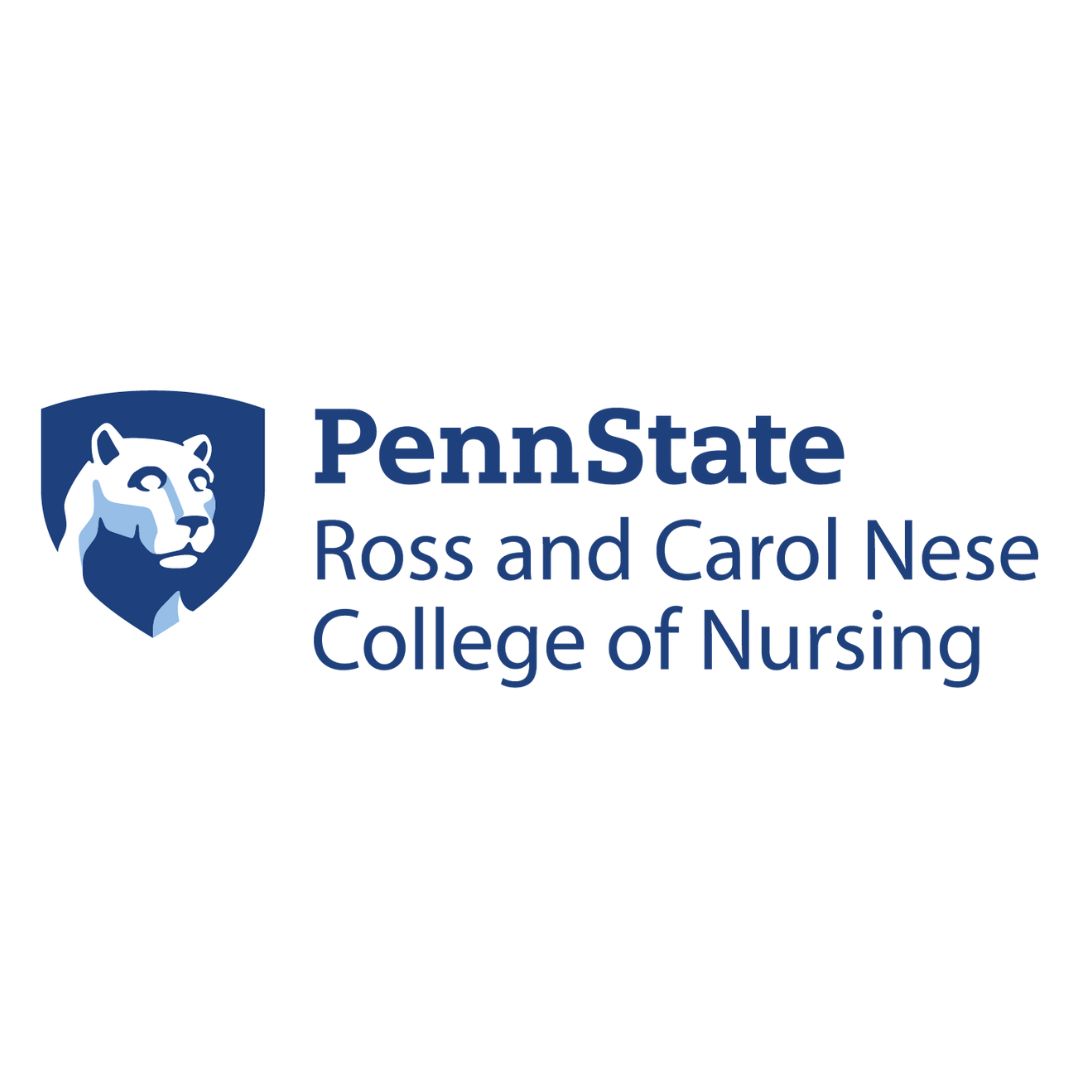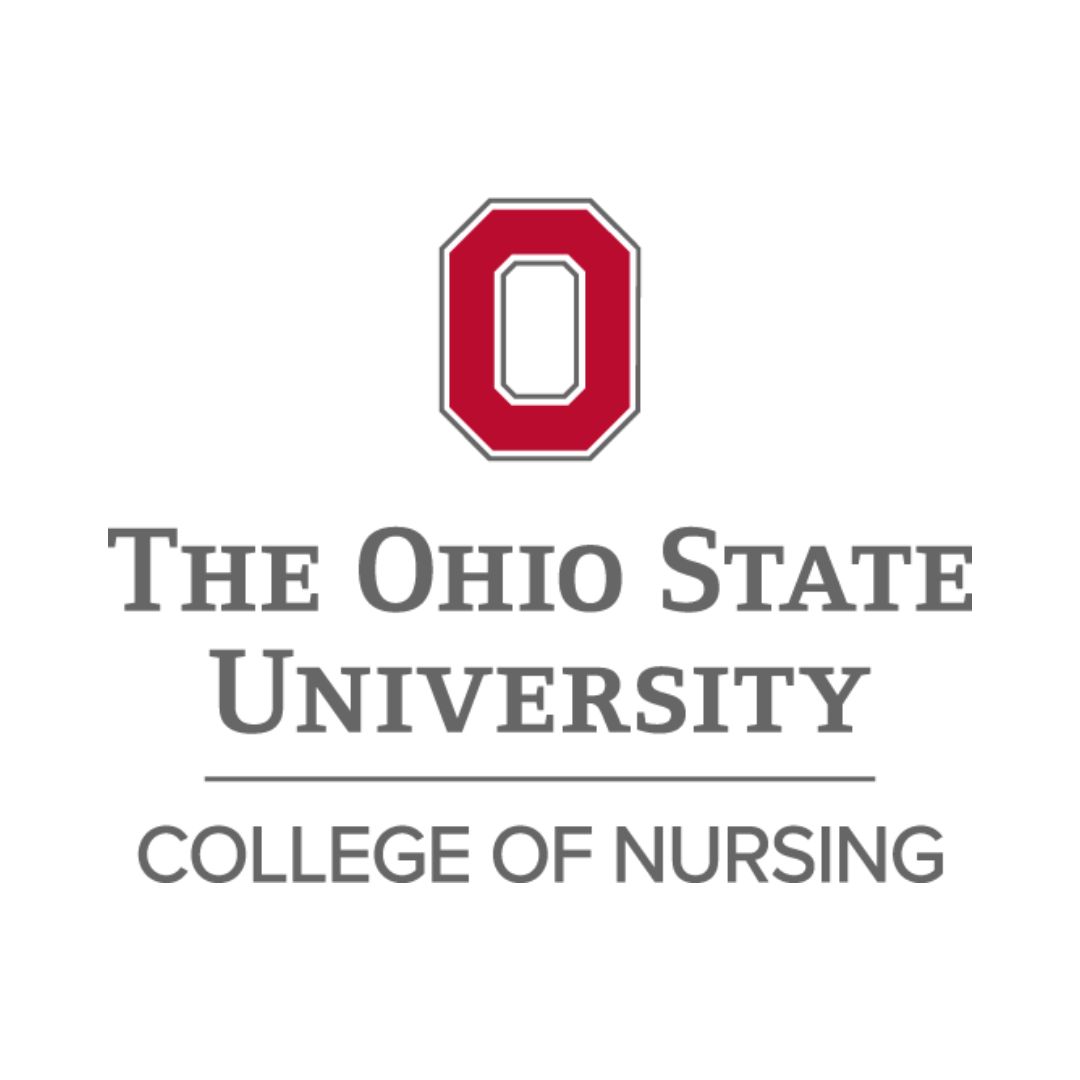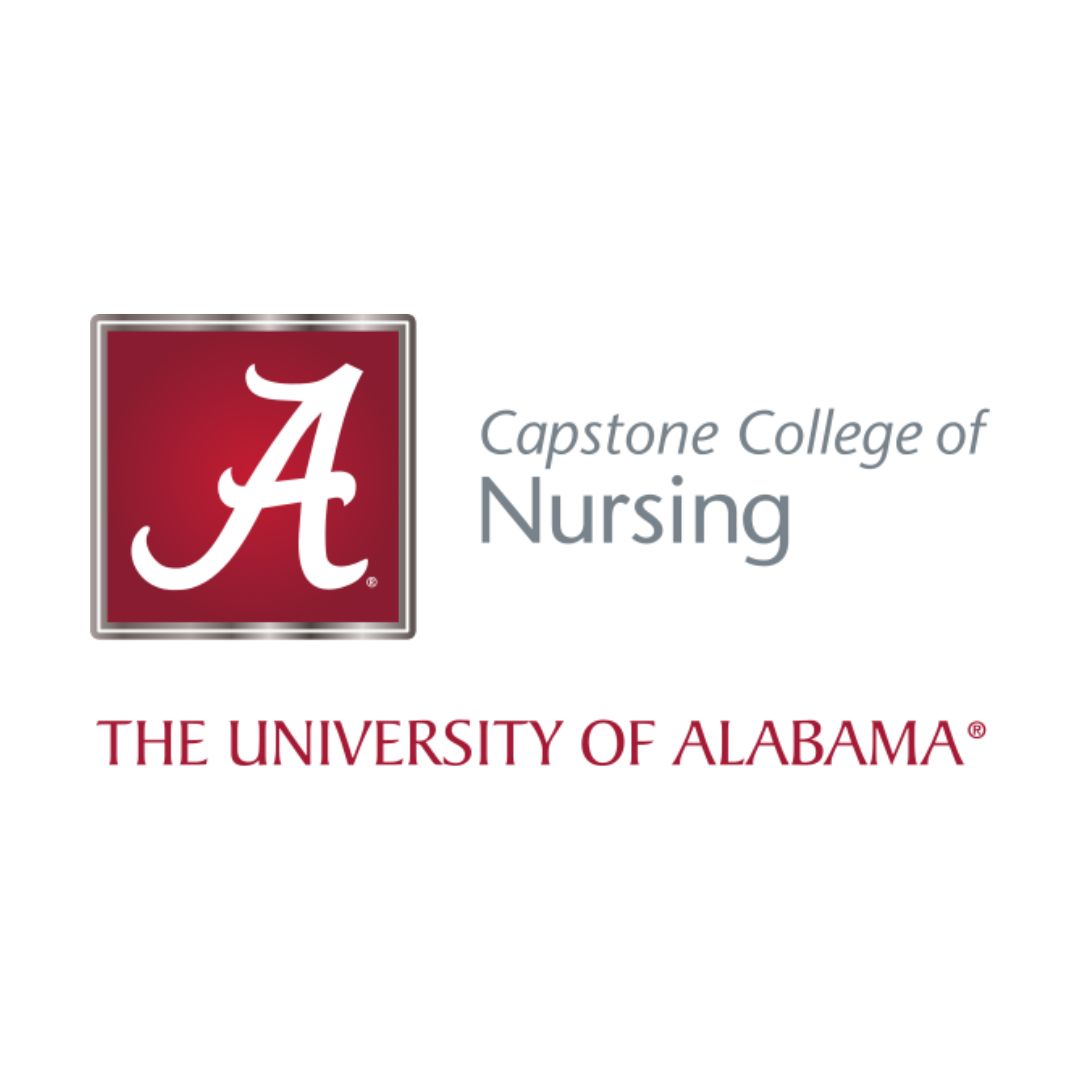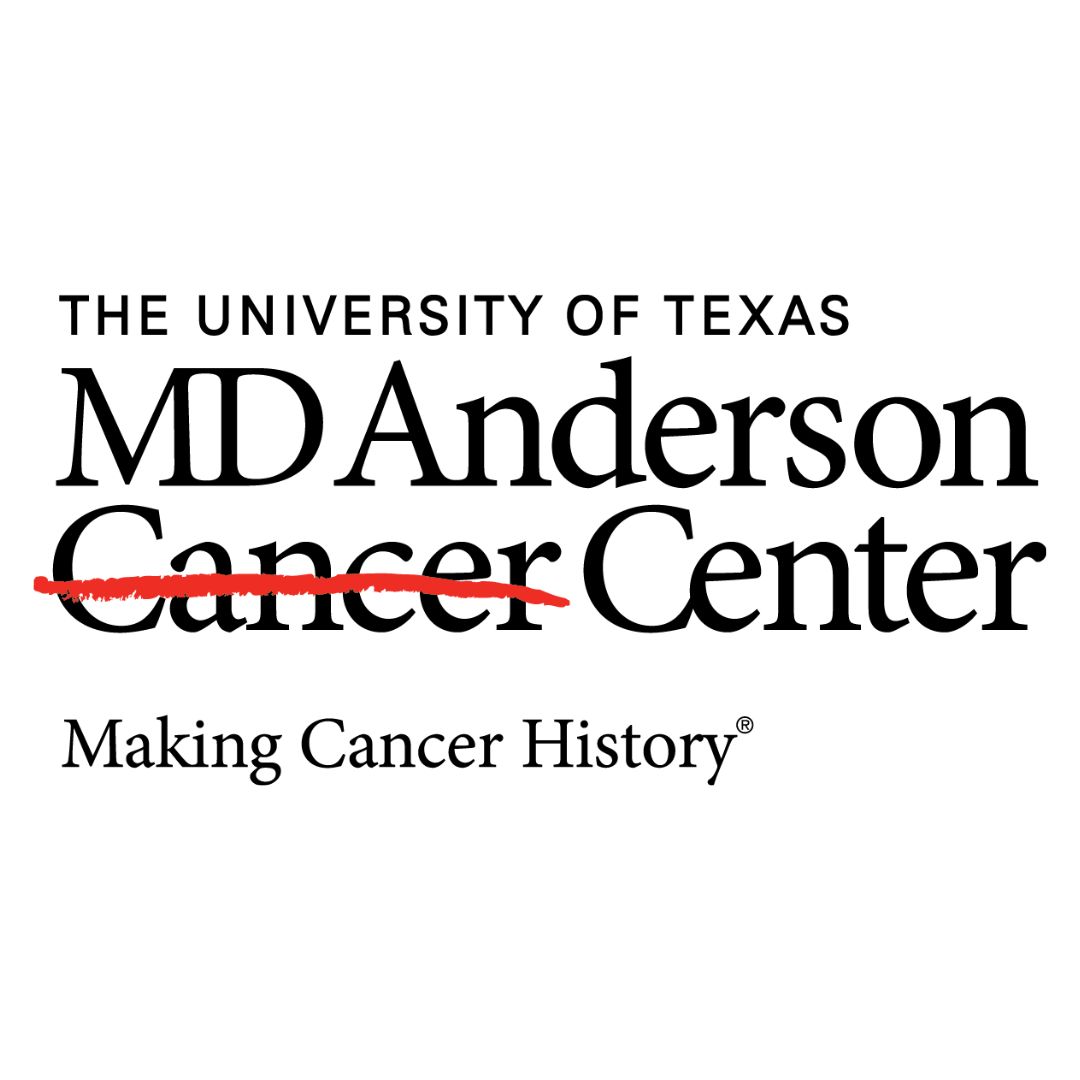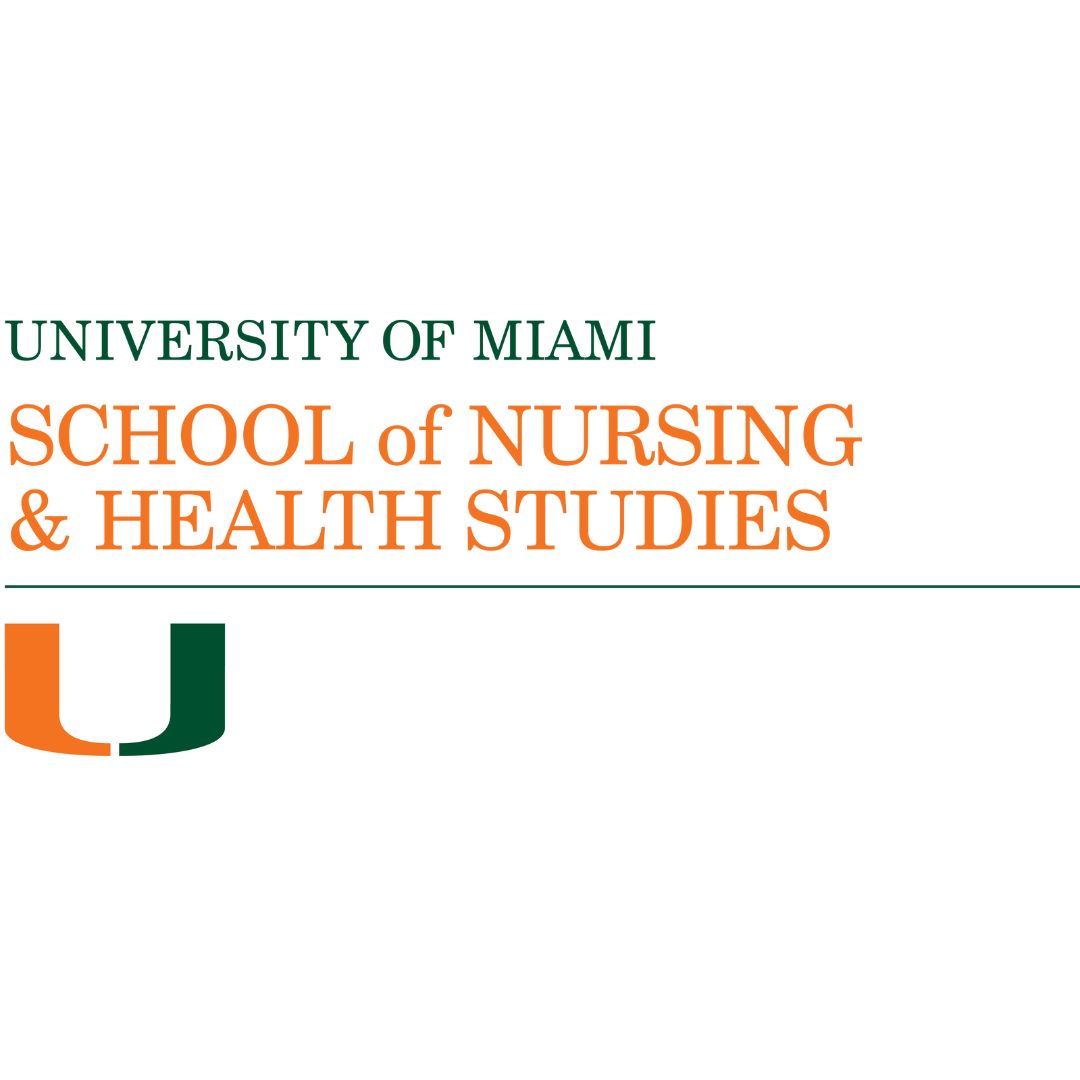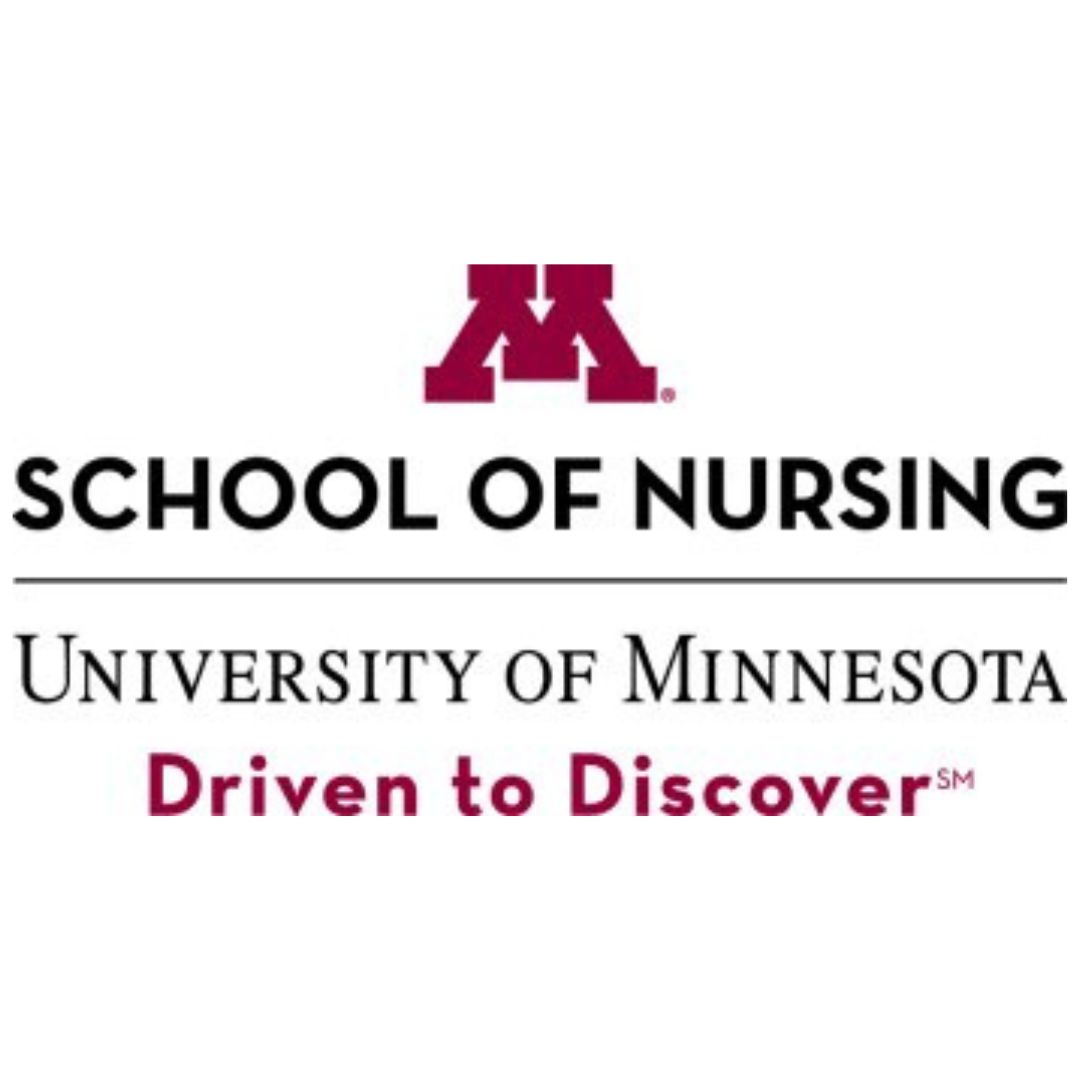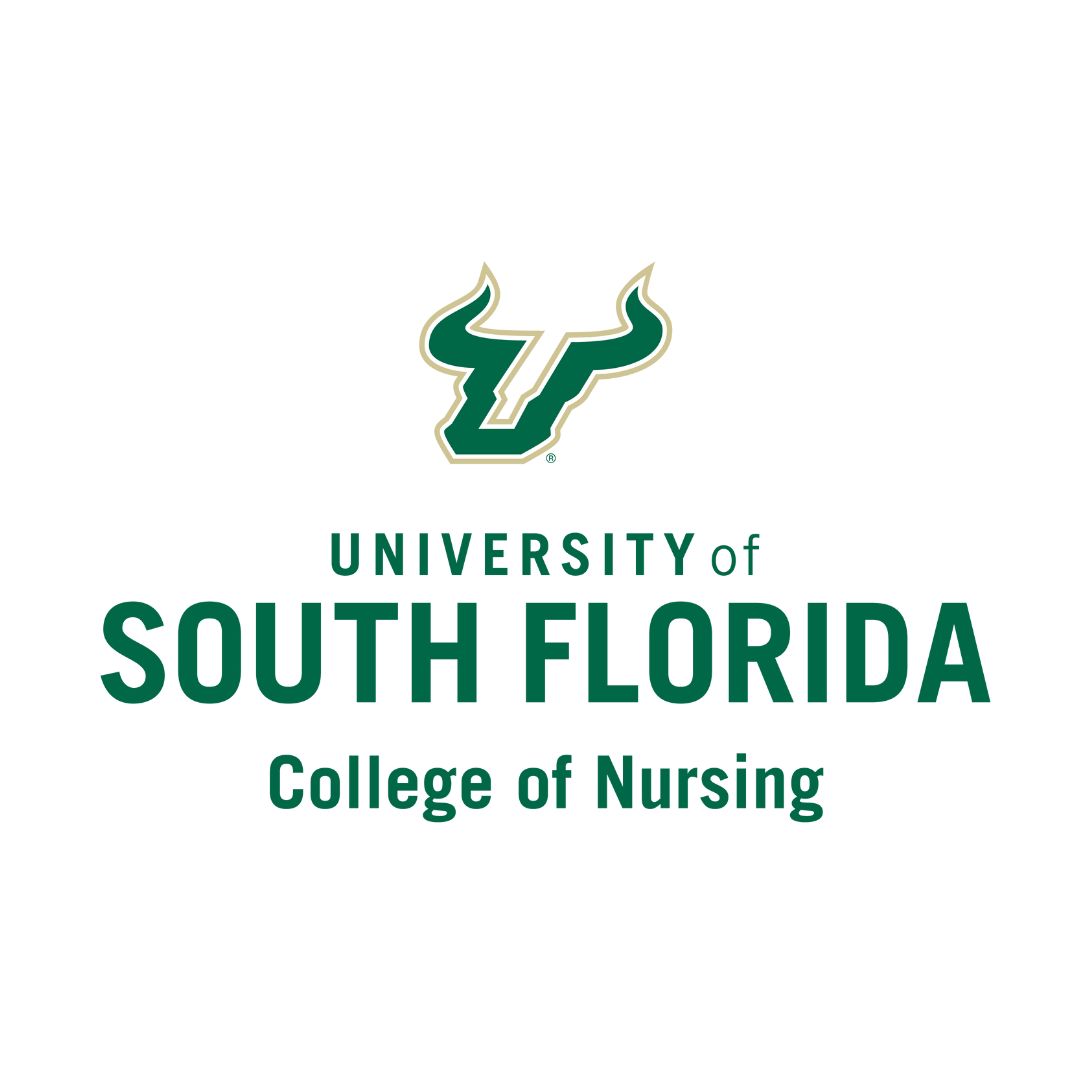Ann Deerhake, DNP, RN, CNL, CCRN
The Ohio State University
Please describe your work with the COVID-19 pandemic.
As a Doctor of Nursing Practice, my goal is to apply nurse scientist-generated research to current practice. This research shows that communication is key during times of crisis and change. My role as an online educator and nurse scientist during the COVID-19 pandemic is to facilitate healthy communication among everyone I interact with, including my students, colleagues, family and friends. I have worked in close online contact with faculty to continue our supportive online learning environment for students, as well as create new opportunities for exchange of information and stress relief. Many of our students are currently working within difficult healthcare conditions at present, so reassuring them both academically and professionally translates into supporting American healthcare as a whole.
My coursework as an online instructor changed little with the transition to all online learning at my university, which has allowed me to work with other faculty to make changes to existing courses. Additionally, by creating simple online mini-courses, I have worked to educate my grandchildren, their friends and other members of my family regarding ways to communicate face-to-face via the internet and how to use these fun learning environments as stress-reducers and relationship builders in this time of social distancing. One of my most enjoyable activities has been creating and sending a daily ""Cabin Song and Dance Fever"" video to my community choir friends, encouraging them to be well, exercise their bodies and communicate positively with one another. COVID-19 has certainly taught us much about the importance of being communication innovators!
